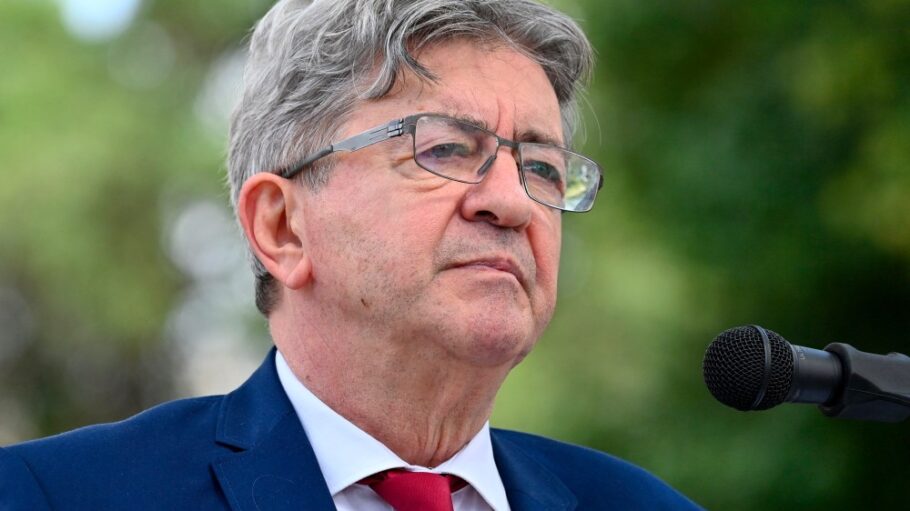In a surprise twist, the leftist coalition Nouveau Front Populaire dominated the second round of the pivotal parliamentary elections with approximately 175 to 205 seats, beating the far right and defying political pronostics, according to exit polls on July 7.
The turnout rate reached 67.10%, slightly more than the first round of the elections — it’s the highest rate for French elections since 1981.
The Nouveau Front Populaire, a coalition between socialist, green and hard left parties, including La France Insoumise (LFI), won the largest number of seats in the National Assembly, the lower house of parliament, followed by the centrist coalition of France’s President Emmanuel Macron, Ensemble which secured an estimated 150 to 175 seats.
The far right, which had won the first round of the elections, was defeated as it came in third with approximately 115 to 150 seats. It was largely expected to win based on results of the first round.
Jean-Luc Melenchon, the leader of the France Insoumise which has repeatedly been accused of fueling antisemitism and importing tensions from the war in Gaza to France throughout the campaign, demanded that France’s prime minister Gabriel Attal resign and urged Macron to “bow down.” Shortly after the exit polls were unveiled on Sunday, Attal indeed announced he would present his resignation to Macron who could refuse it.
Macron made the shock decision to dissolve the National Assembly (in which his party had 250 seats) on June 9, in the wake of the European elections, which were won by the far right, spearheaded by Jordan Bardella, the 28 year-old close ally to Marine Le Pen.
Macron described his call for these snap parliamentary elections as an “act of trust. In the capacity of French people to make the best choice of itself and for future generations. Trust in our democracy.”
Love Film & TV?
Get your daily dose of everything happening in music, film and TV in Australia and abroad.
While the score of the Nouveau Front Populaire is much higher than predicted, it won’t grant them the absolute majority over the 577-seat parliament and the power to form a government. It will, however, likely prompt an overhaul of the government which might happen in short timeframe, with less than a month to go before the start of the Olympic Games. Macron said during the latest council of ministers that he would not name a government led by Melenchon’s hard left party, La France Insoumise.
The far right was defeated after more than 200 candidates, mostly from centrist and left coalitions, pulled out ahead of the second round to avoid splitting the vote which would benefitted Le Pen’s party. Macron’s clan could potentially forge an alliance between centrist and republican deputies in order to distance itself from the hard left and form a government.
Melenchon, meanwhile, said in his first address post elections that he was also opposed to any form of cohabitation with Macron and urged him to step down. He also said the first measure of the Nouveau Front Populaire would be to tear down Macron’s unpopular pension reform which set the age of retirement at 64. Le Pen reacted to the parliamentary defeat by saying the victory of the far right was only “postponed.” Macron’s presidential mandate ends in 2027.
It’s the first time since 1958 – when General de Gaulle established the Fifth Republic, the current republican system of government — that the national assembly is fragmented to that extent with no political party coming close to a majority.
From Variety US































